Forward Thinking

Strategy
In March I made a slew of airline reservations thinking it was a good time to lock in low prices for trips I knew I’d need in the fall. You can probably guess how that’s turned out. Yep, I haven’t used one of those yet. Even though many of us had no idea of how things would play out in the pandemic, we naturally formed expectations.
One of mine was that by the fall we’d be able to resume many activities. The ensuing frustration of seeing our expectations blown apart can cause us to easily think there’s no sense in making plans when there are so many unknowns. Does that mean that strategy and planning are useless until things become more settled?
In short, I strongly believe the answer is no, with one exception. It’s a trap to equate the idea of thinking strategically with the ability to accurately predict. Successfully navigating greater uncertainty requires thinking more deeply about how customers, clients, and consumers use what we currently provide or what we could provide to them but currently don’t. Who could use what we provide but is not who we consider a potential customer/client/consumer?
That kind of strategic thinking and planning often involves gathering more than our typical data and information, sorting through more situations and scenarios, and planning for a number of possibilities. It should force us to choose among competing priorities and invest our resources where the greatest opportunities lie.
It’s not an easy task to thoughtfully go through an exercise like this. But here’s the payoff. The greatest opportunities come during the greatest changes. Economists know this, investors know this, and savvy strategists know this too.
The downside? It’s risky. There’s no guarantee you’ll come out ahead. But you can vastly increase your odds of succeeding. The alternative is to simply react as things come at you. It’s no surprise that the odds are against you then. Still, it’s a mindset that’s easy to fall into – thinking that we’ll be better off if we work on our strategy when things become more certain.
What’s the one exception to planning your strategy now? Organizations struggling to stay afloat need an immediate focus on shoring up cashflow, aligning operations, and the getting the basics of the organization working until they can afford to look ahead.
The keys to making a strategy planning effort pay-off is to use a process that goes beyond common check-the-box approaches and considers the market and leadership elements that will be required to succeed. It also works best if led by someone skilled at asking the right questions, who can involve everyone in the process, and keep the group focused on the most essential points.
During the past six months we’ve helped organizations revise or jump start their strategy. Is it time for your organization to plan how you will succeed beyond 2020?

